Α. PREPARATORY ACTIONS
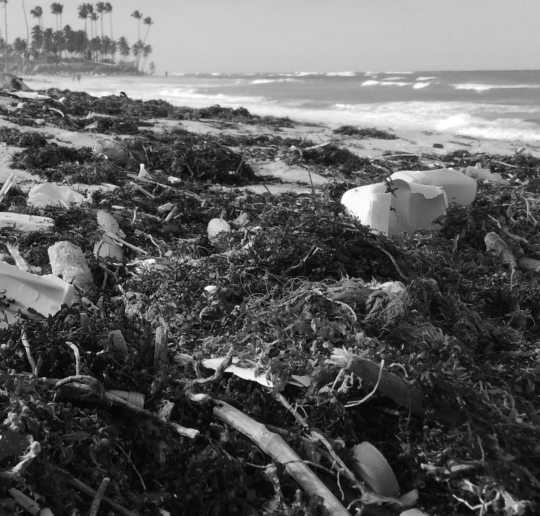
A1
CURRENT STATE OF AFFAIRS AT INTERNATIONAL LEVEL AND SWOT ANALYSIS AT NATIONAL LEVEL FOR ENVIRONMENTAL WASTE CRIME
– Assessment of the current status of combating waste related environmental crimes and identification of key players and any best practices in Europe and other countries.
– SWOT analysis on national level and database of national key role players.
Β. IMPLEMENTATIONS ACTIONS
B1 – Desktop
B1
DEVELOPMENT OF NATIONAL STRATEGY AND ESTABLISHMENT OF NATIONAL COORDINATION COMMITTEE ON TACKLING ENVIRONMENTAL WASTE CRIME
– Development of a provisional National Strategy and establishment of a National Coordination Committee on tackling Environmental Waste Crime.
– Formal adoption of the National Strategy and the National Coordination Committee on tackling Environmental Waste Crime, mandated with the implementation of the National Strategy’s Action Plan.
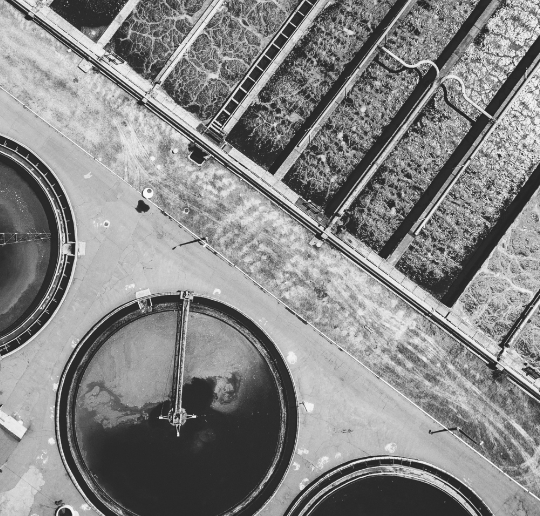
B1 – Mobile

B1
DEVELOPMENT OF NATIONAL STRATEGY AND ESTABLISHMENT OF NATIONAL COORDINATION COMMITTEE ON TACKLING ENVIRONMENTAL WASTE CRIME
– Development of a provisional National Strategy and establishment of a National Coordination Committee on tackling Environmental Waste Crime.
– Formal adoption of the National Strategy and the National Coordination Committee on tackling Environmental Waste Crime, mandated with the implementation of the National Strategy’s Action Plan.
B2 – Desktop

B2
DEVELOPMENT OF AN INFORMATION SYSTEM (WEB AND MOBILE APPLICATION) FOR HANDLING ENVIRONMENTAL CRIME CASES
– Procurement of the IS Project and Mobile application.
– Development of Information System and Mobile application.
B3 – Desktop
B3
«INTELLIGENCE-LED» JOINT INSPECTIONS
– Development of common inspection checklist for Environmental Waste Crime.
– Interconnectivity/Cross-checks with the Electronic Waste Registry (EWR) for the detection of suspicious cases.
– Use of innovative methods and tools.
– Carrying out of «intelligence-led» joint inspections.
– Archiving of past Environmental Crime Cases.
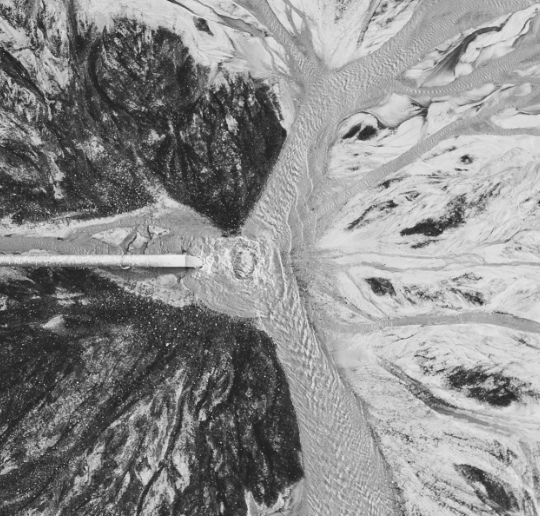
B3 – Mobile

B3
«INTELLIGENCE-LED» JOINT INSPECTIONS
– Development of common inspection checklist for Environmental Waste Crime.
– Interconnectivity/Cross-checks with the Electronic Waste Registry (EWR) for the detection of suspicious cases.
– Use of innovative methods and tools.
– Carrying out of intelligence-led joint inspections.
– Archiving of past Environmental Crime Cases.
B4 – Desktop

B4
CAPACITY BUILDING – MULTIDISCIPLINARY TRAINING
– Seminar A: Environmental waste crime (legislative framework, national strategy, learning from case studies).
– Seminar B: Role of NGOs in the fight against Environmental Waste Crime.
– Seminar C: Special skills and tools for tackling Environmental Waste Crime.
– Seminar D: Training on IS and mobile application for handling environmental crime cases.
B5 – Desktop
B5
TRANSFERABILITY, REPLICABILITY ACTIONS AND POLICY RECOMMENDATIONS
– Policy Recommendations including best practice guidelines.
– Workshop for international replicability of Environmental Waste Crime strategy in neighboring country, including trial joint inspection.

B5 – Mobile

B5
TRANSFERABILITY, REPLICABILITY ACTIONS AND POLICY RECOMMENDATIONS
– Policy Recommendations including best practice guidelines.
–
Workshop for international replicability of Environmental Waste Crime strategy in neighboring country, including trial joint inspection.
C. MONITORING OF THE IMPACT OF THE PROJECT ACTIONS

C1
MONITORING
– Evaluation of change in governance and capacity building.
– Impact of project actions on communication, dissemination and awareness rising.
– Monitoring and measuring the impact of the project (in order to feed the online dynamic indicator database).
D. PUBLIC AWARENESS AND DISSEMINATION OF RESULTS
D1 – Desktop
D1
CREATION OF COMMUNICATION AND AFTER-LIFE SUSTAINABILITY PLANS
– Communication Plan and Strategy.
– After-LIFE Sustainability Plan.
– Development of dedicated project website.
– Promotion of the project through social media and newsletters.

D1 – Mobile

D1
CREATION OF COMMUNICATION AND AFTER-LIFE SUSTAINABILITY PLANS
– Communication Plan and Strategy.
– After-LIFE Sustainability Plan.
– Development of dedicated project website.
– Promotion of the project through social media and newsletters.
D2 – Desktop
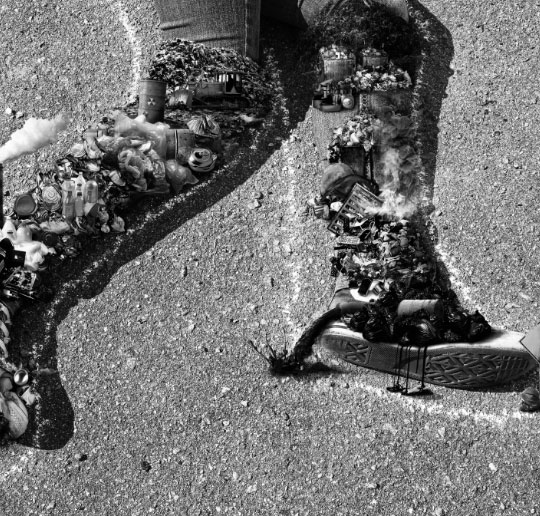
D2
PRODUCTION OF PUBLICITY MATERIAL
– Production of 2 project videos.
– Production of 400 Posters and 1 banner.
– Production of 6 Press Releases.
– Production of 10.000 Leaflets.
– Production of 15 Articles in environment-related websites and/or journals.
– Production of 5 Noticeboards.
D3 – Desktop
D3
INFO DAYS AND FINAL CONFERENCE
– 13 Info Days, one in each Region of Greece.
– Final International Conference.

D3 – Mobile

D3
INFO DAYS AND FINAL CONFERENCE
– 13 Info Days, one in each Region of Greece.
– Final International Conference.
D4 – Desktop
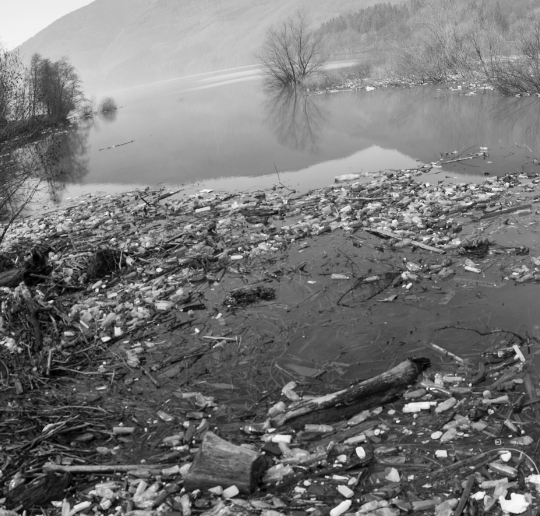
D4
LAYMAN’S REPORT
– Drafting and dissemination of bilingual (Greek & English) report.
E. PROJECT MANAGEMENT
E1 – Desktop
E1
PROJECT MANAGEMENT
– Establishment of Management Board.
– Establishment of Quality Control Coordination – Committee of Experts (QCC).
– Implementation and co-ordination of project actions.
– Financial and Administrative Management.
– Monitoring of project progress.
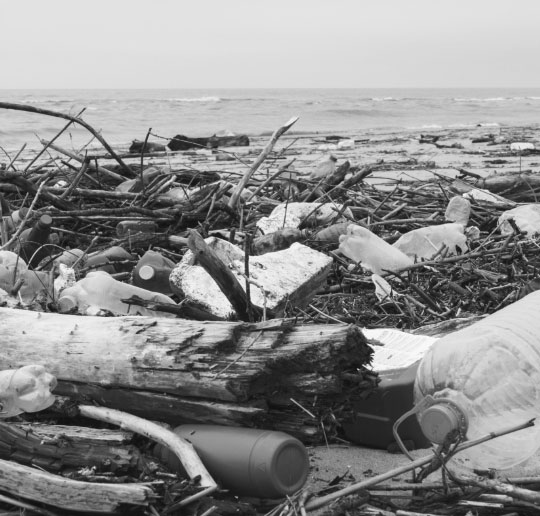
E1 – Mobile

E1
PROJECT MANAGEMENT
– Establishment of Management Board.
– Establishment of Quality Control Coordination – Committee of Experts (QCC).
– Implementation and co-ordination of project actions.
– Financial and Administrative Management.
– Monitoring of project progress.
E2 – Desktop
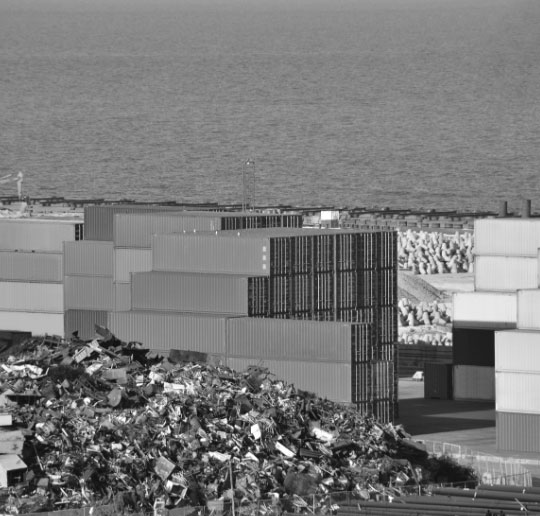
E2
QUALITY CONTROL
– Quality Control – Committee of Experts Meetings.
– Reports on QA/QC of project.
E3 – Desktop
E3
RISK MANAGEMENT
– Risk Management Plan including measures for Risk Mitigation.

E3 – Mobile

E3
RISK MANAGEMENT
– Risk Management Plan including measures for Risk Mitigation.
